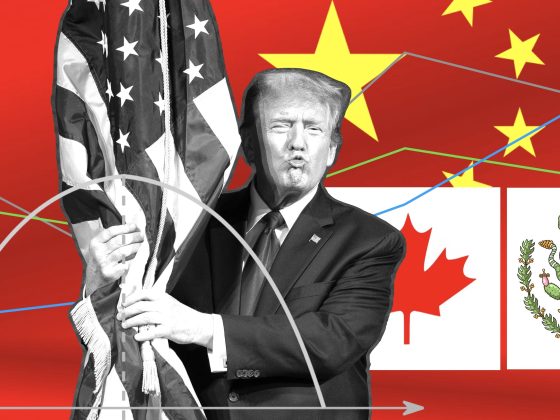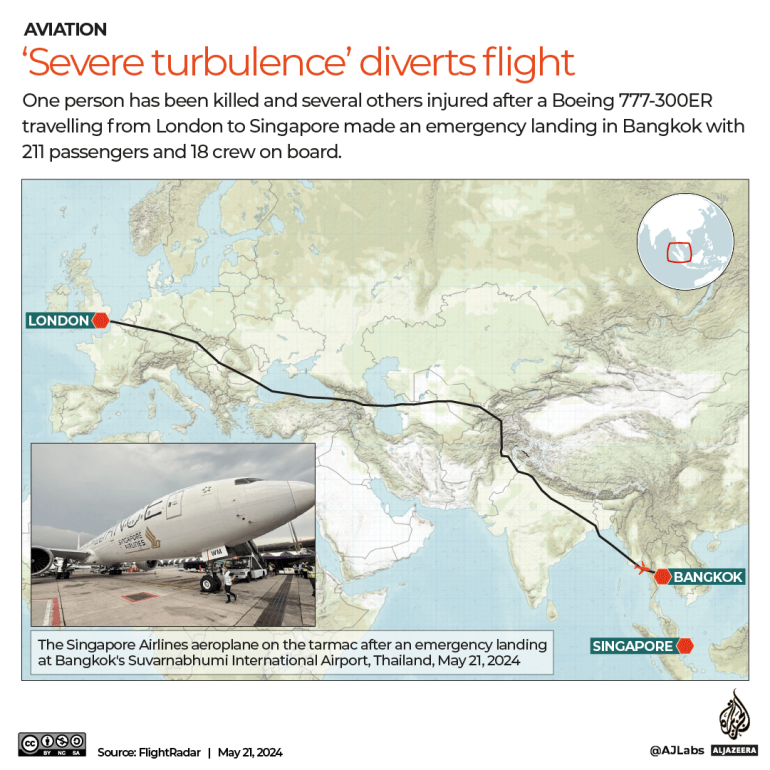Singapore is in the limelight, occupying the top spot in IMD’s 2020 World Competitiveness Rankings.
Singapore takes the first place in IMD’s World Competitiveness Ranking for 2020, with other fellow small economies joining it in the top spots.
Sustained strength
This is now the second year that Singapore has taken the top spot in IMD’s rankings.
According to Arturo Bris, the director of the IMD World Competitiveness Center, Singapore was able to maintain its lead thanks to its strong economic performance focused on international trade and investment, employment, and labour-market measures.
Bris said that this makes Singapore attractive to new talents and excellence in public finance, business legislation, tech exports, and education.
However, Singapore’s reliance on international trade definitely caused harm to its economy amid the COVID-19 pandemic, with a four- to seven-percentage point contraction in the economy expected by the end of 2020, according to the Ministry of Trade and Industry.
Previously, Singapore has already recorded a 0.7% contraction in the gross domestic product for Q1 2020 when compared to the same period in 2019.
The most wide-ranging legislation passed in Singapore passed in response to the COVID-19 pandemic is the COVID-19 (Temporary Measures) Act of 2020.
This law imposes measures including the suspension of contractual obligations, provision of economic relief, the establishment of protocols for in-person meetings, and the permission to restrict certain activities to prevent the spread of the virus, amongst others.
The dominance of small economies
Small economies occupy the next four spots in the top five.
Following Singapore is Denmark, which soared to the second place after being only in eighth place last year. Bris said that this is thanks to its strong economy along with its impressive performance in international investment, labour market, health, and education.
Switzerland is in third place, improving its rank by one compared to last year, powered by robust international trade, scientific infrastructure, health, and education.
Meanwhile, the Netherlands joins Denmark as a newcomer in the top five, now in fourth place.
Hong Kong goes down by three ranks, now only in fifth place, which may be due to the impact of the on-going political instabilities in the special administrative region.
The economic decline in Hong Kong is not fully reflected in the rankings since it does not take into account the escalations which occurred in the previous months.
Larger countries take the remaining spots in the top ten, starting with Sweden (6th), Norway (7th), Canada (8th), United Arab Emirates (9th), and the United States (10th).
Methodology
IMD measures an economy’s competitiveness collecting data from two main sources.
The first source would be a survey conducted in early 2020, asking an international expert panel composed of business executives about the conditions of their respective economies.
The other source is the compiled statistical data from various international and national sources in 2019. All in all, there are 255 criteria taken into account to rank the 63 economies included in the study.










